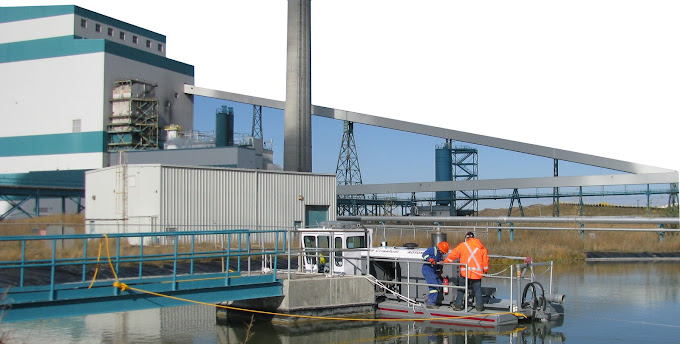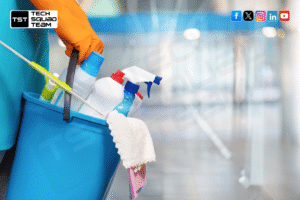
From rivers and harbours to ponds and lagoons, maintaining healthy waterways is critical. But what happens when dredging, a common practice to clear sediment, leaves behind a heavy burden of sludge? The answer lies in smarter, cleaner approaches to separating water from solids and disposing of what’s left responsibly. This is where modern advances are making a real difference.
The Challenge of Sludge: More Than Just Mud
Dredged sediment often contains a high percentage of water, turning what could be compact dust into a heavy, awkward sludge. Transporting and disposing of this is expensive, clogs landfill space, and poses risks to surrounding ecosystems. Conventional methods struggle to strip out moisture efficiently, delaying clean-up and inflating costs.
Smarter Science: Techniques That Work
Today’s solutions focus on clever, practical ways to drain off water and shrink sludge mass:
- Geotextile Bags & Tubes: These porous containers allow water to pass through while trapping solids inside. As moisture drains out, the sludge becomes lighter and easier to handle.
- Centrifugal Systems: High-speed rotation forces water away from solids. What remains is far drier sludge—ready for disposal with far less hassle.
- Polymer-Assisted Flocculation: Special additives cause tiny particles to clump together, helping them settle quickly and release water naturally.
- Mechanical Presses: Belt or filter presses physically squeeze out remaining moisture, giving a denser, drier end product.
- Settling Ponds: Natural or engineered pits let gravity do its job—solids sink as water drains away—then the concentrated sludge is easier to process.
These methods dramatically reduce the volume and weight of material that needs removing, which also lowers the environmental footprint and speeds up the entire process.
Eco Wins: Cleaner, Smarter, Greener
By embracing improved water separation techniques, dredge sludge disposal becomes not just a task—but a sustainable practice. Reducing sludge weight cuts fuel use, transport costs, and landfill demands. Properly dewatered sludge also poses less risk of leaching contaminants, safeguarding soil and water quality around disposal sites. Ultimately, these smarter methods help projects complete faster, cleaner, and with less burden on nature.
Why It Matters
- Environmental Safety: Cleaner runoff, minimised risk of toxin spread, better habitat protection.
- Cost Efficiency: Lightened sludge means fewer trips, less storage, and lower tipping fees.
- Operational Speed: Faster drying and streamlined logistics mean job sites clear sooner.
- Regulatory Peace-of-Mind: Meeting environmental standards often depends on how cleanly sludge is handled—and these methods help guarantee compliance.
About SPINPRO
When you’re ready to explore tailored, effective solutions that make dredging smarter and more sustainable, reach out to SPINPRO. SPINPRO offers a range of new and refurbished centrifuges, tailored to suit different project needs. Our advanced decanter models are available for dewatering, thickening, and even specialised two- and three-phase separation, making them ideal for oil recovery and environmental applications. Drop your queries at sales@spinpro-us.com
Media Contact
42765 Yale Road Chilliwack British Columbia V2R 4J5
Phone: 604 847 3019




